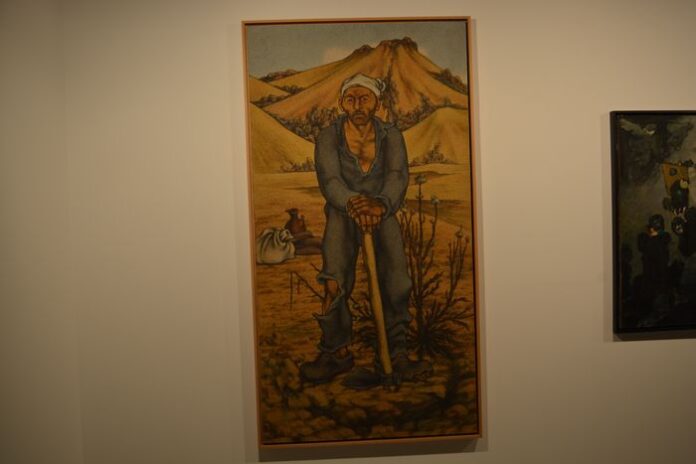One of the most memorable moments of the 1896 Olympic Games was the long-distance race from Marathon to Athens, a distance of twenty-five miles. The race was won by a young Greek shepherd named Spiridon Louis. As a reward for his remarkable achievement, the Greek government not only gave him the prize but also granted him the monopoly to sell water from the springs of Marousi.
The Marousi springs, located on the side of the Pentelikos Mountain near Tatoi, the king’s summer residence, provide the favorite drinking water of the Greeks. The water is brought fresh to Athens every morning in sheep-skins and large earthen jars. Spiridon Louis has turned this opportunity into a successful business, promoting the water as the source of his strength and speed that helped him win the Marathon race. His fame and business have made the spring even more popular among locals Schools and Colleges for Education.
International Participation and Achievements
The 1896 Olympic Games also saw strong performances from international athletes. Representatives from American colleges competed with great skill and honor. One remarkable achievement was by Robert Garrett of Baltimore, then a student at Princeton University, who won the discus-throwing event. This was particularly impressive because Garrett had never seen a discus before arriving in Athens, yet he outperformed the Greek athletes in their own classic sport on their own field. This event highlighted the growing international appeal and competitive spirit of the modern Olympics.
The New Stadium of Athens
The new Stadium, being constructed for athletics, will be a magnificent structure. Made entirely of marble, it will measure 670 feet in length and 109 feet in width. Sixty rows of white marble seats will rise one above the other, accommodating 30,000 spectators. The Stadium will provide an ideal venue for football and other athletic events, surpassing any other sports field in both ancient and modern times Jeep Safari Bulgaria.
The construction costs in Greece are comparatively low because the nearby quarries of Pentelikos supply high-quality marble at the price of cutting and transportation. The generosity of George Averof, who funded much of the project, is expected to inspire other Greeks to invest in both physical and intellectual development. By combining excellent facilities with national pride, the new Stadium will encourage future generations to pursue athletic excellence alongside cultural and educational achievements.
Promoting Physical Culture
The success of athletes like Spiridon Louis and the building of the new Stadium reflect the importance of physical culture in Greece. While intellectual and artistic achievements have long been celebrated, modern Greece recognizes the value of athletic training for both health and national pride. The 1896 games and the ongoing development of sports facilities show a balanced vision: cultivating both the mind and the body for the future of the nation.








